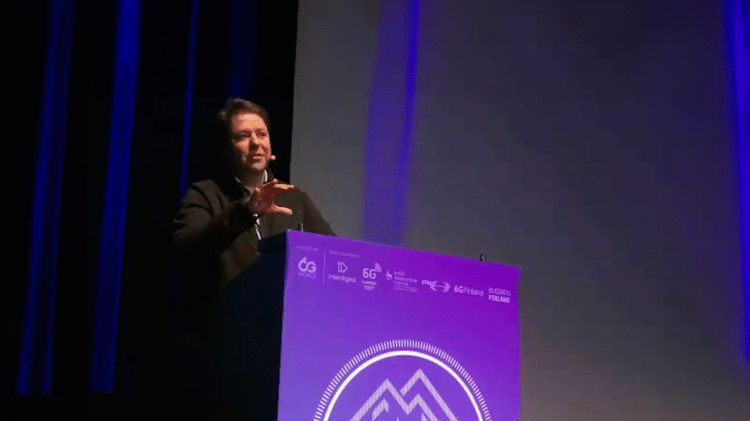
Resilience must be a key priority for 6G, says Professor Latva-aho
In a rallying call to the telecommunications industry, Professor Matti Latva-aho, Director of 6G Flagship, urged his peers to make resilience a central focus of 6G development. Speaking at the 6G Symposium in Levi, Finland, Latva-aho argued that resilience has been conspicuously absent from the industry’s main priorities despite the growing threats to critical infrastructure and societal stability.
The event in Levi brought together almost 200 on-site visitors and 800 online participants, making it a significant gathering for the advancement of 6G technology. Latva-aho, a key organiser of the symposium, was one of the prominent figures delivering a keynote address.
“I don’t think we have done much explicitly for that,” Latva-aho told the audience, referring to resilience. “It is implicitly part of most of the important activities like Hexa-X-II in Europe, but not explicitly in the front lines of the project, and I think this really deserves to be addressed much more seriously.”
The professor pointed to several emerging initiatives tackling the resilience challenge, including the RINGS project in the US and a new Digital Resilience programme by Business Finland. He also noted a recent joint statement on 6G design principles signed by a US-led coalition of like-minded countries, which he said contained elements related to national security and resilience.
Latva-aho believes the 6G research community must go further, potentially through a new white paper on resilience that could feed into the ITU-R’s 6G requirements specification work. He acknowledged the difficulty of defining and measuring resilience but argued that this should not deter researchers from innovating in this critical area.
“The Challenge is how to measure resilience, what metrics should be used, and can we assign numerical values for those? “It’s not easy; easy things are always done, but it also means that there’s a chance for us researchers to innovate and suggest new ideas.”
Latva-aho’s call to action comes amid heightened geopolitical tensions and growing concerns about the vulnerability of digital infrastructure. With 6G poised to underpin an ever-more connected world, ensuring resilience against external shocks and disruptions will be essential, Latva-aho asserted.
“We can do our little bit to try to make our society more robust against external interruptions or harassment, so to say,” he concluded. “So, I think, besides UNSDGs (the United Nations’ Sustainable Development Goals), we should be talking much more about society’s resilience.”